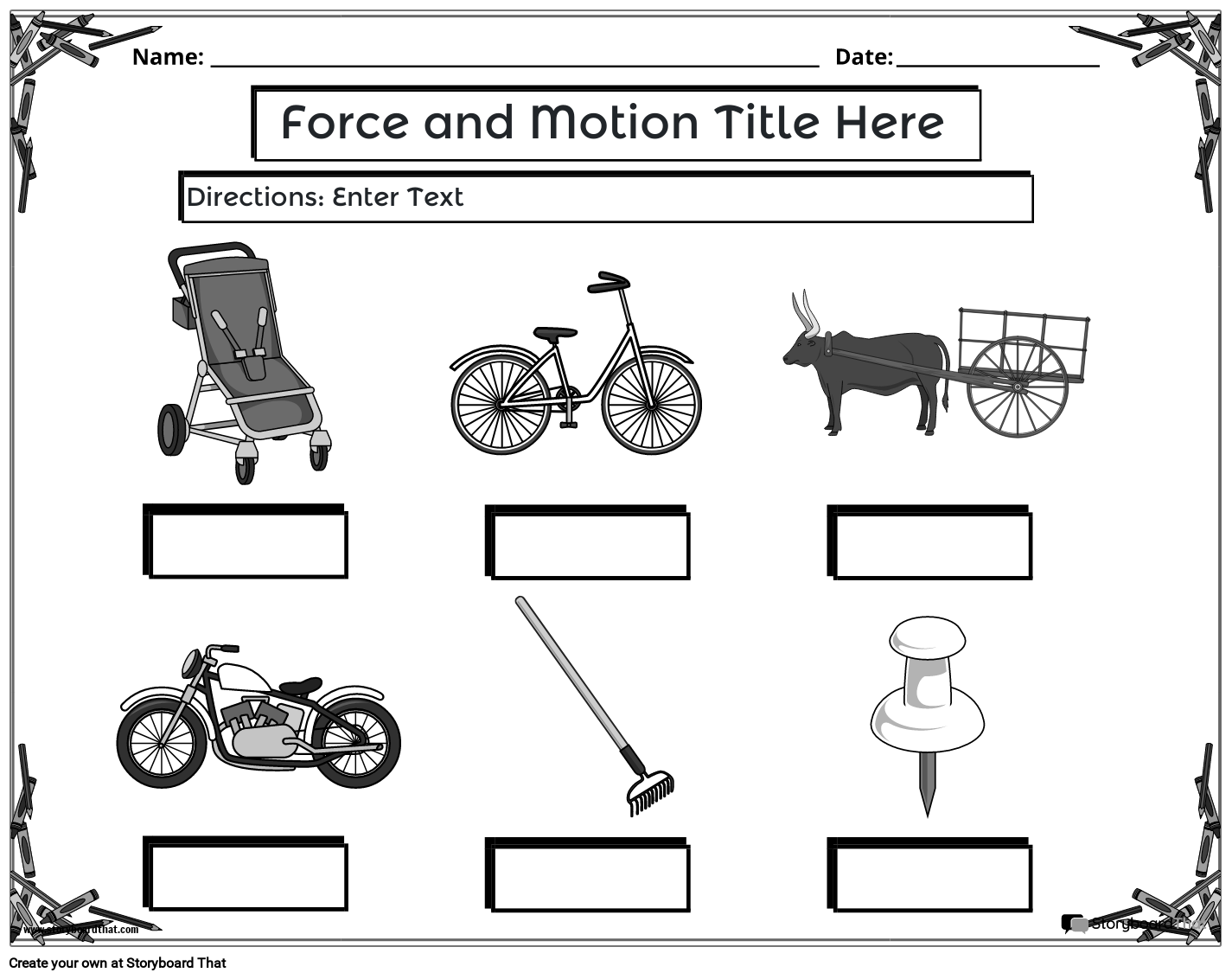The Behavior Analyst Certification Board (BACB) offers a variety of certifications, one of which is the Board Certified Assistant Behavior Analyst (BCABA). This certification is significant for professionals working in the field of behavior analysis, particularly in supporting individuals with developmental disabilities, behavioral issues, and other challenges. The BCABA credential ensures that individuals have met specific educational and experiential requirements, equipping them with essential skills to assist in behavior analysis.
Professionals with a BCABA certification work under the supervision of a Board Certified Behavior Analyst (BCBA). This relationship enhances the effectiveness of interventions and ensures that best practices are being followed. The BCABA plays a crucial role in designing and implementing treatment plans based on applied behavior analysis (ABA) principles. By understanding the basics of BCABA, we can appreciate its contribution to improving lives and fostering better behavior in various settings, such as schools, homes, and clinics.
What Does BCABA Stand For?
BCABA stands for Board Certified Assistant Behavior Analyst. This certification is part of a hierarchy within the field of behavior analysis, which includes different levels of certification based on education, experience, and supervision. To become a BCABA, candidates must complete specific academic coursework, usually at the undergraduate level, focusing on behavior analysis, psychology, or a related field.
After completing the necessary coursework, aspiring BCABAs must gain practical experience. This includes working under the supervision of a BCBA for a certain number of hours. The combination of education and hands-on experience ensures that BCABAs are well-prepared to assist in developing and implementing behavior interventions. Once they meet these requirements, candidates must pass a rigorous exam that tests their knowledge of behavior analysis principles, ethical practices, and effective intervention strategies.
Eligibility Requirements for BCABA
To become a BCABA, candidates must meet specific eligibility requirements. First and foremost, they need a minimum of a bachelor’s degree in behavior analysis, psychology, or a closely related field. This foundational education is crucial, as it provides the theoretical knowledge necessary to understand behavior analysis principles.
In addition to educational qualifications, candidates must also complete at least 1,000 hours of supervised practical experience. This hands-on experience is typically gained while working directly with clients under the supervision of a qualified BCBA. During this period, candidates learn how to implement behavior intervention plans, collect data, and modify strategies based on client progress.
Moreover, candidates must also complete a specific number of coursework hours focusing on behavior analysis. Once they have fulfilled these requirements, they can apply to take the BCABA exam, which assesses their knowledge and readiness to work in the field.
Role and Responsibilities of a BCABA
BCABAs have a range of important roles and responsibilities in the field of behavior analysis. One of their primary duties is to assist in the development and implementation of behavior intervention plans. These plans are designed to address specific behavioral issues and promote positive behaviors in clients.
BCABAs often work closely with BCBAs to gather data on client progress. This data collection is vital for evaluating the effectiveness of interventions. They may also be responsible for conducting assessments to identify behavioral challenges and determining appropriate strategies to address them.
Additionally, BCABAs provide direct support to clients and their families. This support can involve teaching new skills, modeling appropriate behaviors, and providing guidance on managing challenging situations. By collaborating with other professionals, such as teachers and therapists, BCABAs help create a comprehensive approach to behavior management.
BCABA vs. BCBA: What’s the Difference?
While both BCABA and BCBA are important certifications within behavior analysis, there are key differences between them. A BCBA, or Board Certified Behavior Analyst, holds a higher level of certification and is responsible for designing and overseeing behavior intervention plans. BCBAs typically have a master’s degree in behavior analysis or a related field, along with extensive supervised experience.
In contrast, BCABAs work under the supervision of BCBAs and are often involved in the implementation of these plans rather than their design. While BCABA can collect data and provide direct support, they do not have the same level of authority or responsibility as BCBAs. This hierarchy is essential for maintaining quality and ethical standards in behavior analysis practice.
Furthermore, the training and examination requirements differ. BCBAs must pass a more comprehensive exam that covers advanced topics in behavior analysis, while BCABAs take an exam focused on foundational knowledge. Understanding these distinctions helps clarify the roles each certification plays in the broader field of behavior analysis.
Benefits of Being a BCABA
Becoming a BCABA offers numerous benefits for professionals in the field of behavior analysis. One of the most significant advantages is the opportunity for career growth. BCABAs are in high demand, especially in educational settings and healthcare facilities where they can make a meaningful impact on clients’ lives.
Additionally, holding a BCABA certification can lead to increased job opportunities. Many organizations seek BCABAs to assist in implementing behavior plans and providing direct support to clients. This certification also opens the door for further education and advancement, allowing BCABAs to pursue a BCBA credential if they wish to take on more responsibilities.
Moreover, BCABAs can take pride in their work, knowing they contribute positively to the lives of individuals facing behavioral challenges. They often report high job satisfaction due to the meaningful nature of their work and the relationships they build with clients and families.
How to Prepare for the BCABA Exam
Preparing for the BCABA exam requires a structured approach to study. Candidates should start by reviewing the exam content outline provided by the BACB. This outline details the key areas of knowledge that will be tested, including behavior principles, assessment techniques, and ethical considerations.
Studying effectively often involves utilizing a variety of resources. Textbooks on behavior analysis, online courses, and study groups can all be beneficial. Many candidates find it helpful to create a study schedule that breaks down the material into manageable sections.
Practicing with sample questions and past exam papers is another excellent way to prepare. This practice helps candidates familiarize themselves with the format of the exam and identify areas where they may need additional review.
Finally, joining a study group or finding a mentor can provide valuable support and motivation. By sharing knowledge and resources, candidates can enhance their understanding of the material and increase their chances of success on the exam.
Conclusion
In summary, the BCABA certification is a vital credential in the field of behavior analysis. It ensures that professionals are well-equipped to support individuals facing behavioral challenges. By understanding the requirements, roles, and responsibilities associated with being a BCABA, aspiring candidates can make informed decisions about their career paths.











